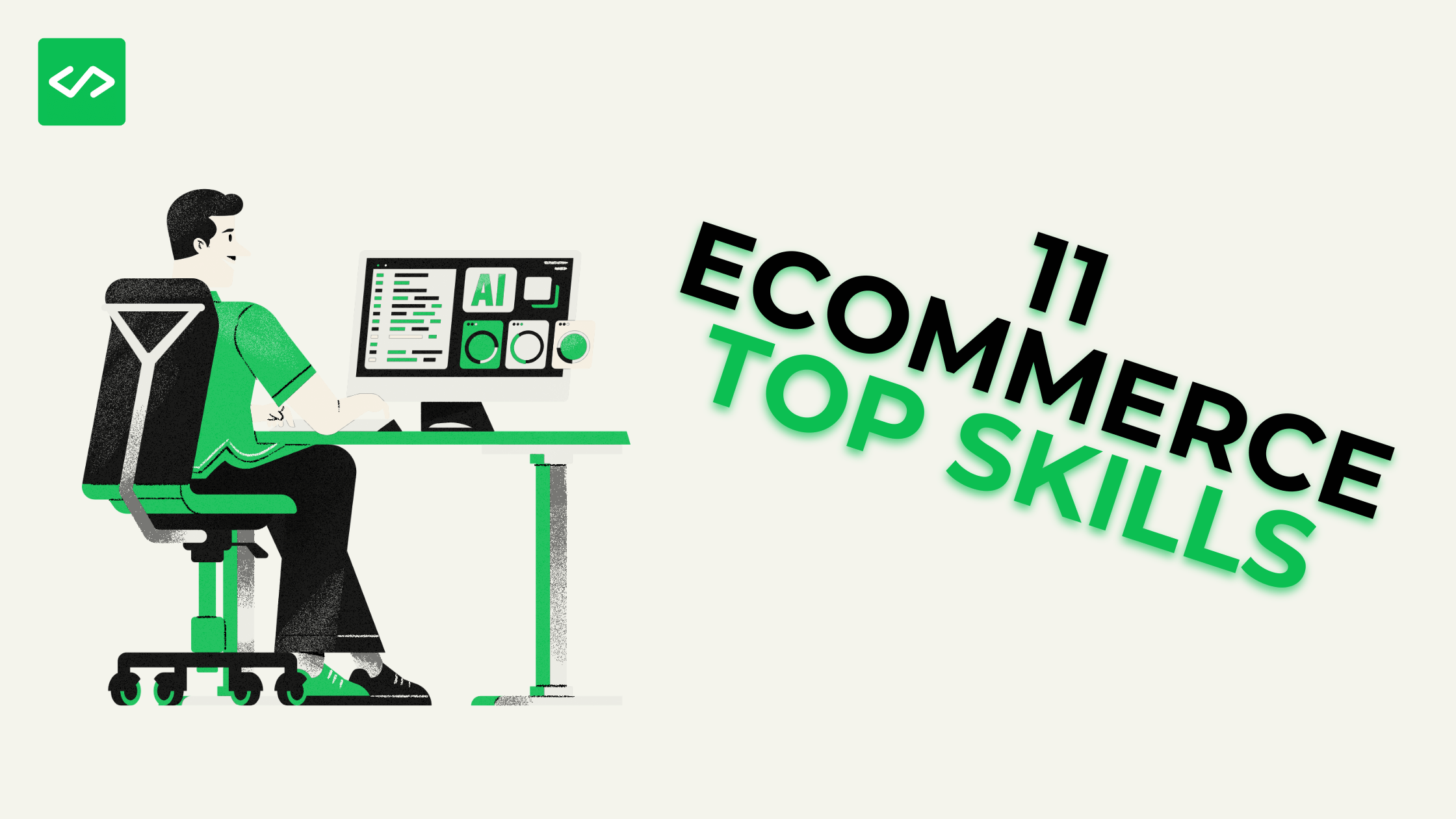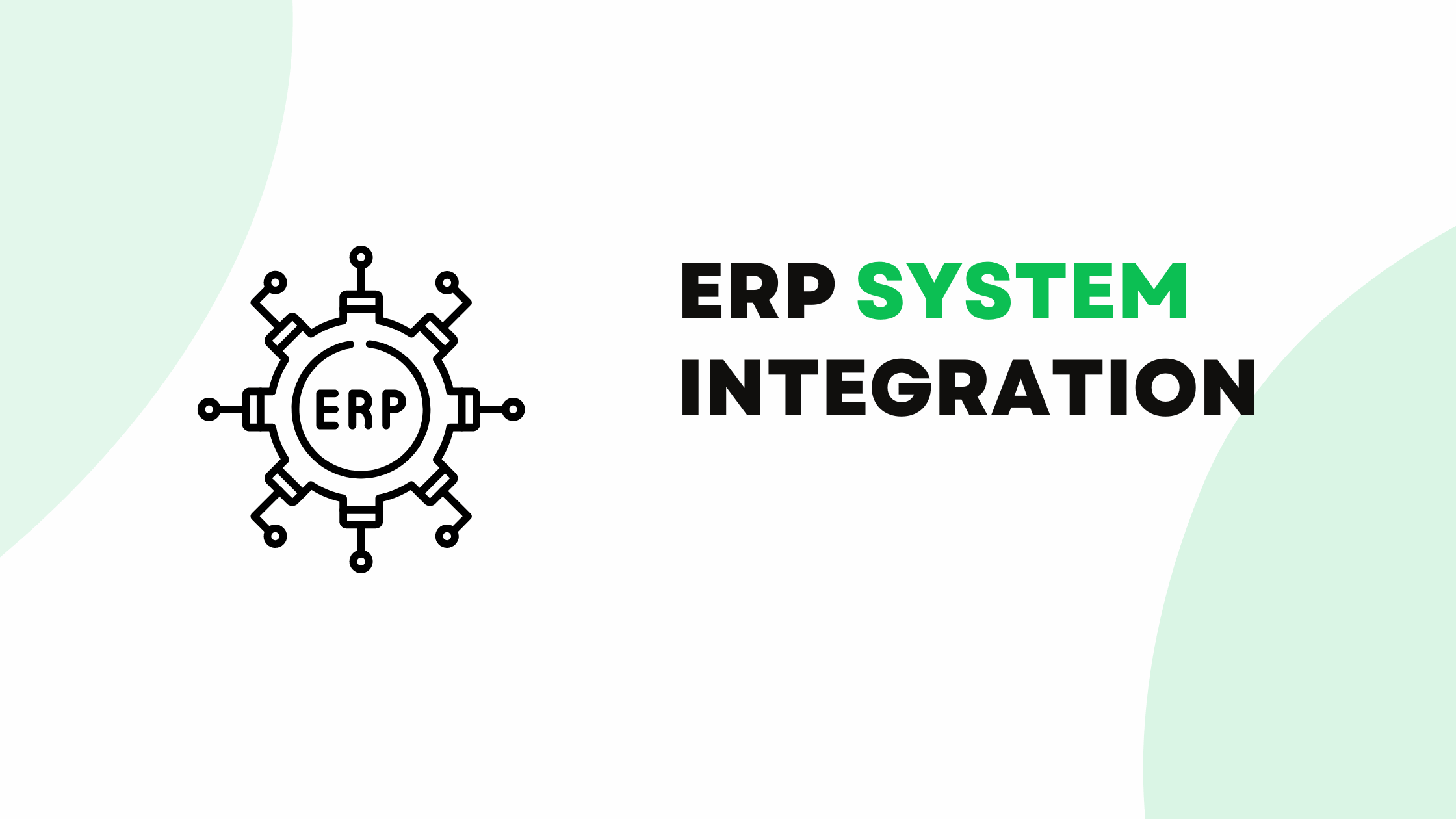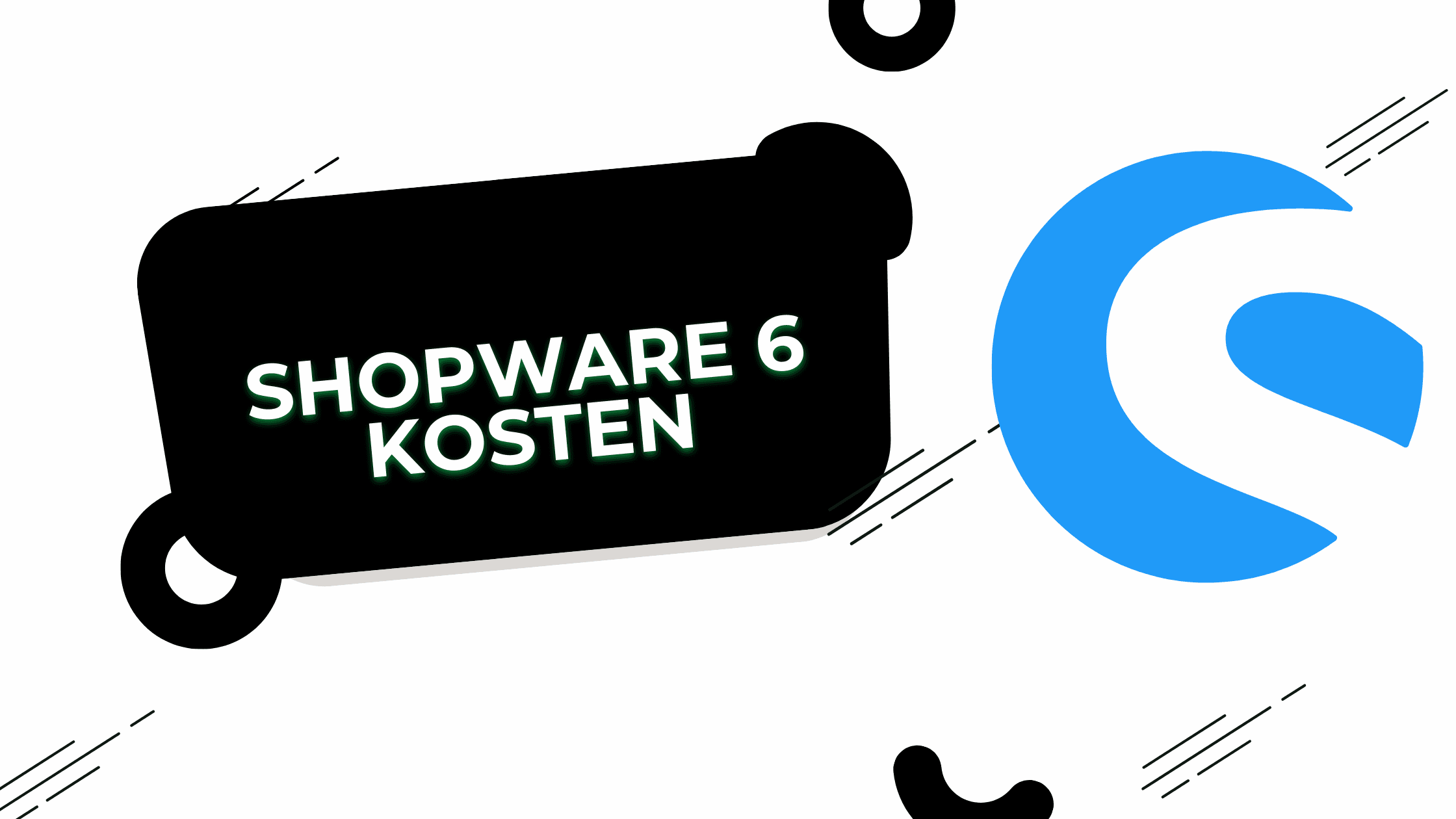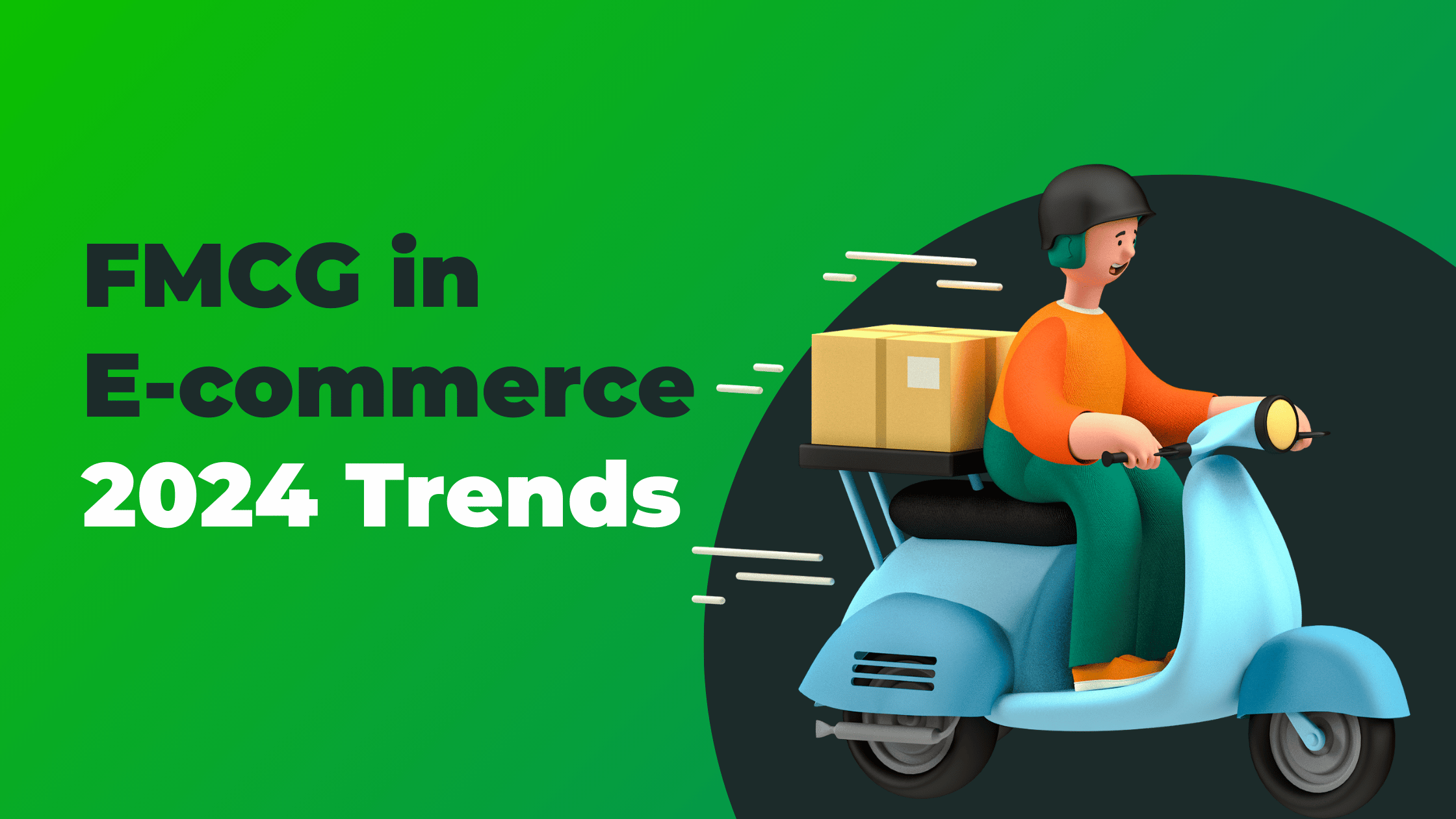Ecommerce Jobs: Market and 11 Crucial E-Commerce skills
In today’s rapidly evolving digital landscape, ecommerce has become a cornerstone of modern business. As more companies shift their focus to online sales, the demand for skilled professionals in this field continues to grow. If you’re considering a career in ecommerce, here’s what you need to know about the opportunities available and how to position yourself for success.
The Growing Ecommerce Job Market
The ecommerce sector is booming, with new positions opening up across various industries. From small start-ups to large corporations, businesses are seeking talented individuals to help drive their online presence and sales (Here you can check some B2B Ecommerce strategies by the way). Some of the most sought-after roles include:
Ecommerce Manager
An ecommerce manager oversees the entire online sales operation. They coordinate with various departments to ensure smooth functionality of the ecommerce platform, manage inventory, and develop strategies to increase sales and improve customer experience.
Ecommerce Marketing Manager
In the world of ecommerce, marketing plays a crucial role. Ecommerce marketing managers are responsible for developing and implementing strategies to attract customers, increase brand awareness, and drive conversions.
Analyst
Data is the lifeblood of ecommerce. Analysts use tools like business intelligence software to interpret data, identify trends, and provide insights that inform business decisions.
Director of Ecommerce
For those with extensive experience, the role of director of ecommerce offers the opportunity to shape the overall ecommerce strategy of a company.
Skills in Demand for E-commerce Jobs
To succeed in ecommerce, professionals need a diverse skill set that combines technical knowledge with business acumen. Here are some key skills that employers look for:
- Technical Proficiency: Understanding of ecommerce platforms like Magento, Shopify, and WooCommerce is crucial. Familiarity with HTML, CSS, and basic web technologies is also valuable. Knowledge of content management systems (CMS) and customer relationship management (CRM) tools is often required.
- Data Analysis: Strong analytical skills are crucial for interpreting customer behavior and market trends. Proficiency in tools like Google Analytics, Adobe Analytics, and business intelligence software is highly valued. The ability to translate data into actionable insights is key.
- Project Management: Ability to manage multiple projects and coordinate with various teams is essential. Familiarity with project management methodologies like Agile or Scrum can be beneficial. Skills in using project management tools such as Trello, Asana, or Jira are often required.
- User Experience (UX) Design: Knowledge of UX principles to create seamless customer journeys is important. Understanding of customer behavior, A/B testing, and conversion rate optimization techniques is valuable. Familiarity with UX design tools like Sketch or Figma can be a plus.
- Digital Marketing: Expertise in various digital marketing channels is crucial. This includes SEO, SEM, email marketing, social media marketing, and content marketing. Knowledge of marketing automation tools and experience with paid advertising platforms like Google Ads and Facebook Ads is often required.
- Supply Chain Management: Understanding of logistics, inventory management, and fulfillment processes in an online context is important. Knowledge of warehouse management systems and experience with dropshipping or multi-channel selling can be valuable.
- Customer Service: Strong communication skills and the ability to handle customer inquiries and complaints effectively are crucial. Familiarity with customer service software and experience in developing customer service protocols can be beneficial.
- Brand Management: Understanding of brand positioning, voice, and consistency across all digital touchpoints is important. Experience in developing and maintaining brand guidelines for ecommerce platforms can be valuable.
- Financial Acumen: Basic understanding of financial concepts, pricing strategies, and profitability analysis is important. Ability to manage budgets and understand key ecommerce metrics like average order value (AOV) and customer lifetime value (CLV) is crucial.
- Adaptability and Continuous Learning: The ecommerce landscape is constantly evolving. The ability to quickly adapt to new technologies, platforms, and consumer trends is essential. A commitment to continuous learning and staying updated with industry developments is highly valued.
- Cross-functional Collaboration: Ecommerce professionals often need to work with various departments including IT, marketing, sales, and customer service. Strong interpersonal skills and the ability to communicate effectively with different stakeholders are crucial.
- Mobile Commerce: With the increasing prevalence of mobile shopping, understanding mobile user behavior and optimizing for mobile platforms is becoming increasingly important.
By developing these skills, you’ll be well-positioned to take on various roles in the ecommerce sector, from entry-level positions to leadership roles. Remember, while it’s not necessary to be an expert in all these areas, having a good understanding of each and specializing in a few can make you a valuable asset to any ecommerce team.
Finding Ecommerce Jobs in Germany
Germany offers a vibrant ecommerce job market, with opportunities in cities like Hamburg and Düsseldorf. Many German companies, including GmbHs (Gesellschaft mit beschränkter Haftung), are actively hiring for ecommerce positions.
When searching for ecommerce jobs in Germany, consider using job boards that specialize in tech and digital roles. Keywords like “E-Commerce Manager,” “Online Marketing,” and “Ecommerce Solutions” can help you find relevant positions.
Preparing for a Career in Ecommerce
To prepare for a career in ecommerce, consider the following steps:
- Education: While not always required, a degree in business, marketing, or computer science can be beneficial.
- Gain Experience: Look for internships or entry-level positions to gain hands-on experience in the field.
- Stay Updated: The ecommerce landscape is constantly changing. Stay informed about the latest trends and technologies.
- Develop a Data-Driven Mindset: Familiarize yourself with analytics tools and learn to make decisions based on data.
- Build a Network: Attend industry events and join professional groups to connect with others in the field.
The Future of Ecommerce Jobs
As we look ahead to 2024 and beyond, the ecommerce sector shows no signs of slowing down. With the continued growth of online shopping and the emergence of new technologies like AI and VR in ecommerce, the job market in this field is expected to remain strong.
Whether you’re just starting your career or looking to make a change, ecommerce offers exciting opportunities for growth and innovation. By developing the right skills and staying adaptable, you can position yourself for success in this dynamic and rewarding field.
Remember, in the world of ecommerce, continuous learning is key. As you embark on your journey in this field, stay curious, be ready to adapt, and embrace the challenges that come with working in such a fast-paced industry.













